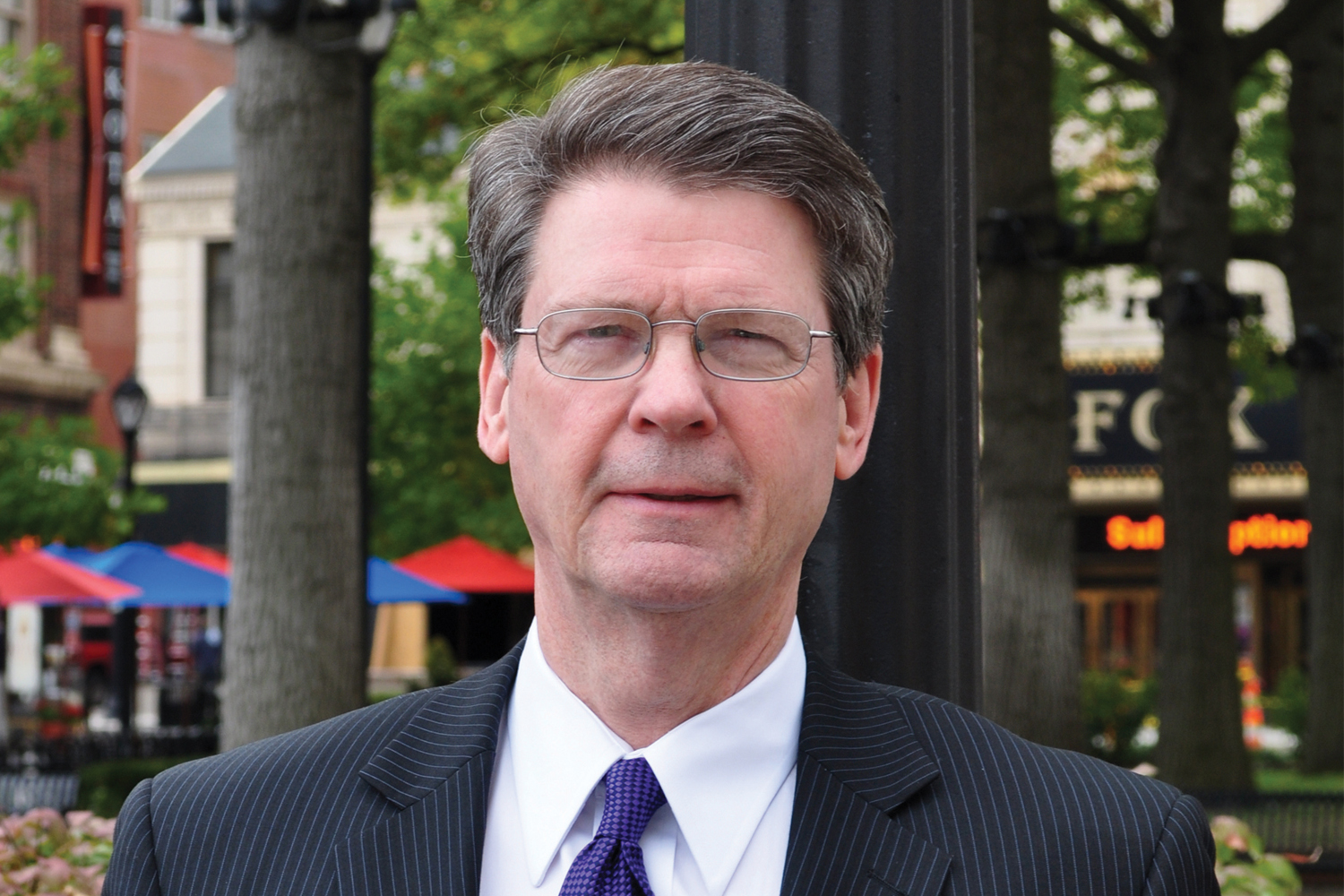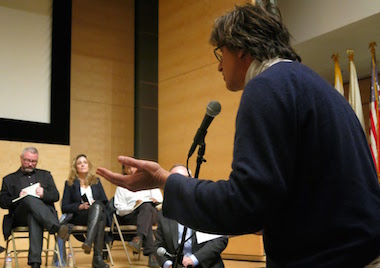Key GOP lawmaker to CPB: Pubcasting needs a new pitch on Capitol Hill
House Republican Don Young, the 39-year veteran representative from Alaska’s at-large district and a longtime backer of public broadcasting, told the Corporation for Public Broadcasting board of directors Tuesday that the field would be more likely to find support in Congress if it presented itself in a more effective manner to its Hill critics.
To strengthen public broadcasting’s case, Young stressed the importance of communicating directly with elected officials rather than staff members, and recommended emphasizing the extent to which public broadcasting relies on private funds and donations.
“Can we help you? Yes. But you’re going to have to have a better selling program on the Hill,” Young said on the second day of the CPB board meeting, after declaring, “I am a Republican and I support public broadcasting.”
Board members asked Young why congressional Republicans continue to target CPB’s annual appropriation for elimination, and why GOP presidential candidate Mitt Romney puts pubcasting atop his list of programs to lose taxpayer funding if he is elected. The lawmaker’s answer was straightforward: Public broadcasting is an easy target.
“You’re easy to attack; you’re small in number,” Rep. Young said. He also pointed to frequent complaints that public media’s national programs focus too much on over-saturated markets. NPR’s and PBS’s coverage of the major party conventions featured many voices from New York but few from Alaska, Young said by way of example.
Some of the anti-public media fervor is driven by ideology, Young acknowledged, but the only advice he could offer for getting beyond hard-wired political objections was for the field’s Hill representatives to talk directly with members of Congress. Romney doesn’t need a better reason to go after public media as long as attacking it remains “popular” among his base, he said.
CPB’s recent report examining alternative funding sources for public broadcasting, prepared by financial analysts at Booz & Co. and delivered to Congress in June, predicted dire outcomes if CPB’s appropriation is zeroed out, but that message hasn’t done much to build political support for preserving federal subsidies. During Monday’s board meeting, CPB Executive V.P. Michael Levy said he’s seen “a little change in the conversation” since the report’s dissemination, and that the negative attitude toward public broadcasting on the Hill remains “continued and pervasive.”
Young, whose rural state stands to lose the most money should federal funding for public broadcasting be cut off, distanced himself from Republicans who oppose CPB’s appropriation, telling the board, “This is probably one of the most important public services we have going for us today in Alaska… You don’t have to convince me.”
The CPB board issued a resolution Tuesday morning expressing unanimous support of continued federal funding for public broadcasting.
Earlier in the meeting, Rep. Earl Blumenauer (D-Ore.), pledged his advocacy on behalf of public broadcasting, telling the room that he hoped there would be continued opportunity on Capitol Hill “to help people understand the power of what you do.”
Blumenauer is the founder and co-chair of the Congressional Public Broadcasting Caucus, which disbanded amid the political fallout over NPR’s dismissal of news analyst Juan Williams. Recently Blumenauer revealed that he’s been stealthily working to reform the caucus, meeting under the radar with public broadcasting proponents on both sides of the aisle.







